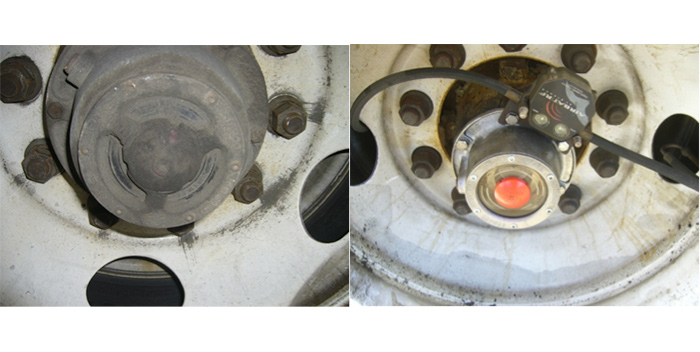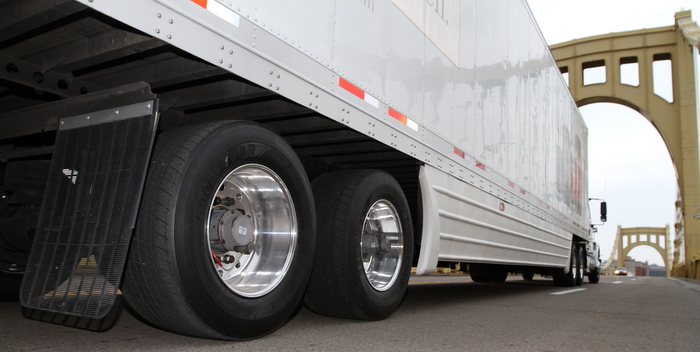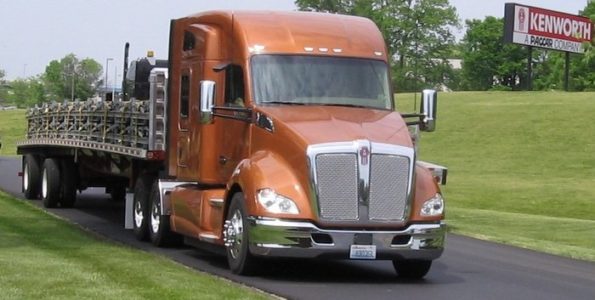Some new developments indicate that the once "future" fuel cell technology for commercial vehicles may be "now." Green Car Congress recently reported that, under the terms of an agreement drawn up earlier this year, Vision Motor Corp., designers and manufacturers of hydrogen fuel cell Class 8 heavy-duty commercial trucks, would deliver two of its H2-fueled big rigs and a single terminal tractor to the ports of Long Beach and Los Angeles in early 2011.
According to the announcement, all of the heavy-duty trucks are driven by electric motors, with battery packs that are recharged by the vehicles’ on-board hydrogen fuel cells. The trucks will undergo 18 months of real world testing under conditions that any diesel-fueled short-haul vehicle would typically encounter. Each of the two ports has agreed to dish out $212,500 from a Technology Advancement Program fund to buy the trucks. The H2-fueled vehicles will be operated by Total Transportation Services Inc., a trucking firm that operates at both ports, while the lone yard tractor will be under the control of California Cartage Express.
In addition, India’s leading automaker, Tata Motors, has developed a range of hydrogen fuel cell-powered commercial vehicles like buses and light trucks. The fuel cell powered commercial vehicles are now under trials in the company’s European Technical Centre.
With the trend of eco-friendly vehicles on the way and scope for more subsidies from the governments, the international auto majors are testing their expertise in coming out with vehicles having less pollution. And in this trend of green technology, many other global car companies like Nissan, Honda, BMW, and Daimler Benz have also joined.
The technology has been introduced into test motorcoaches in the U.S. previously. Four next-generation fuel cell-powered hybrid-electric transit buses were introduced last month in Hartford, joining an earlier generation bus that began service in 2007. The new buses will be operated by Connecticut Transit (CTTransit) and are equipped with UTC Power fuel cell systems. UTC Power is a United Technologies Corp. company.
The new buses, part of the Federal Transit Administration’s national Fuel Cell Bus Program, recognized Hartford for adopting fuel cell technology to power transit buses. Only the Greater Oakland/San Francisco, Calif., area will have a larger fuel cell bus fleet in the United States, also equipped with UTC Power fuel cell systems. Fuel cell buses run on hydrogen and produce no harmful tailpipe emissions; they emit only water vapor. Their clean operation can have an immediate positive impact on street-level emissions.
According to CTTransit’s Assistant General Manager-Maintenance Services, Steve Warren, “The fuel cell bus we’ve been operating since 2007 has demonstrated that the technology works and its fuel efficiency is about two times better than a standard diesel powered bus. With the reduced weight of the new model bus, our fuel economy should get even better. And drivers and the riding public tell us they love the quiet, smooth ride and appreciate the environmental benefits.”









